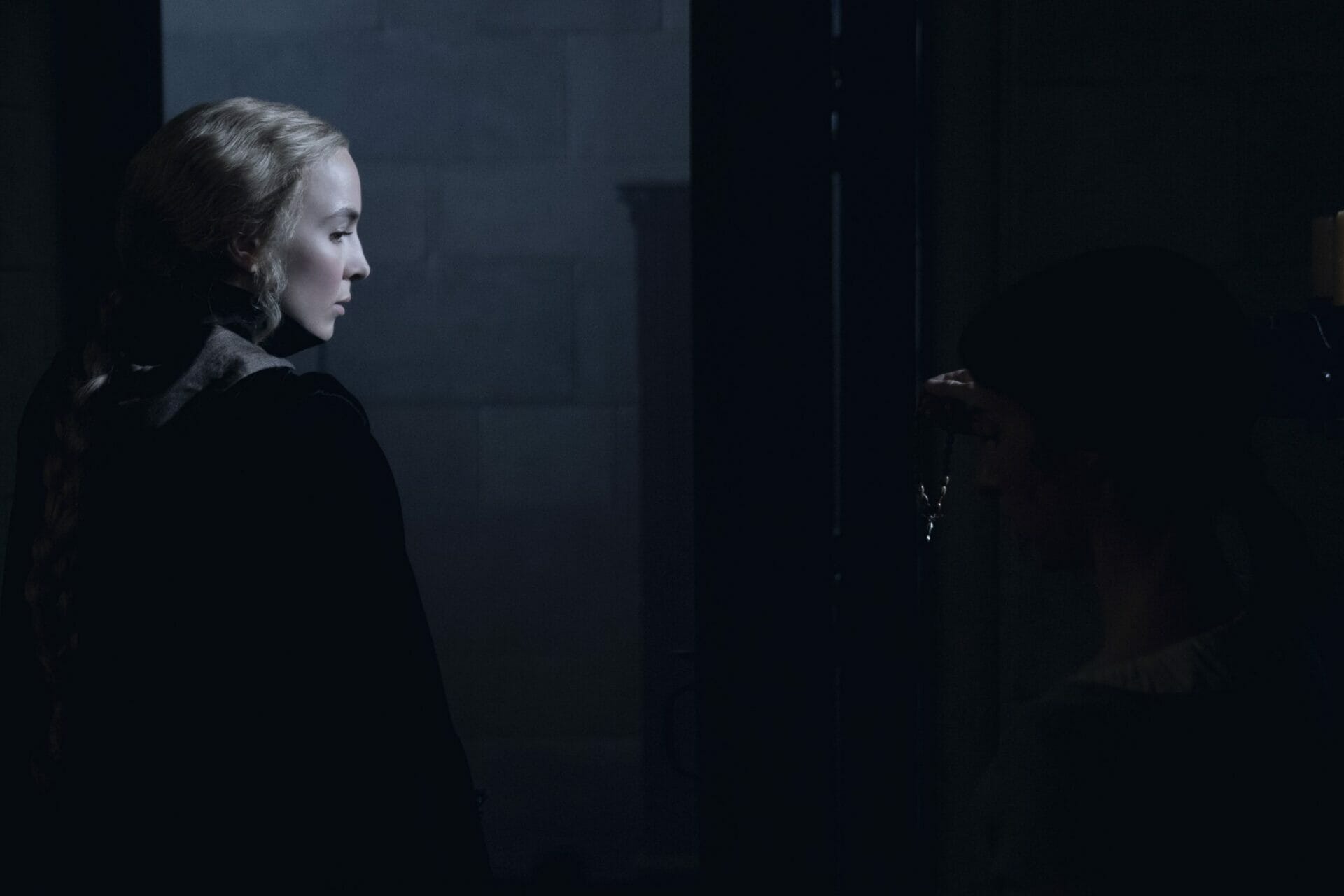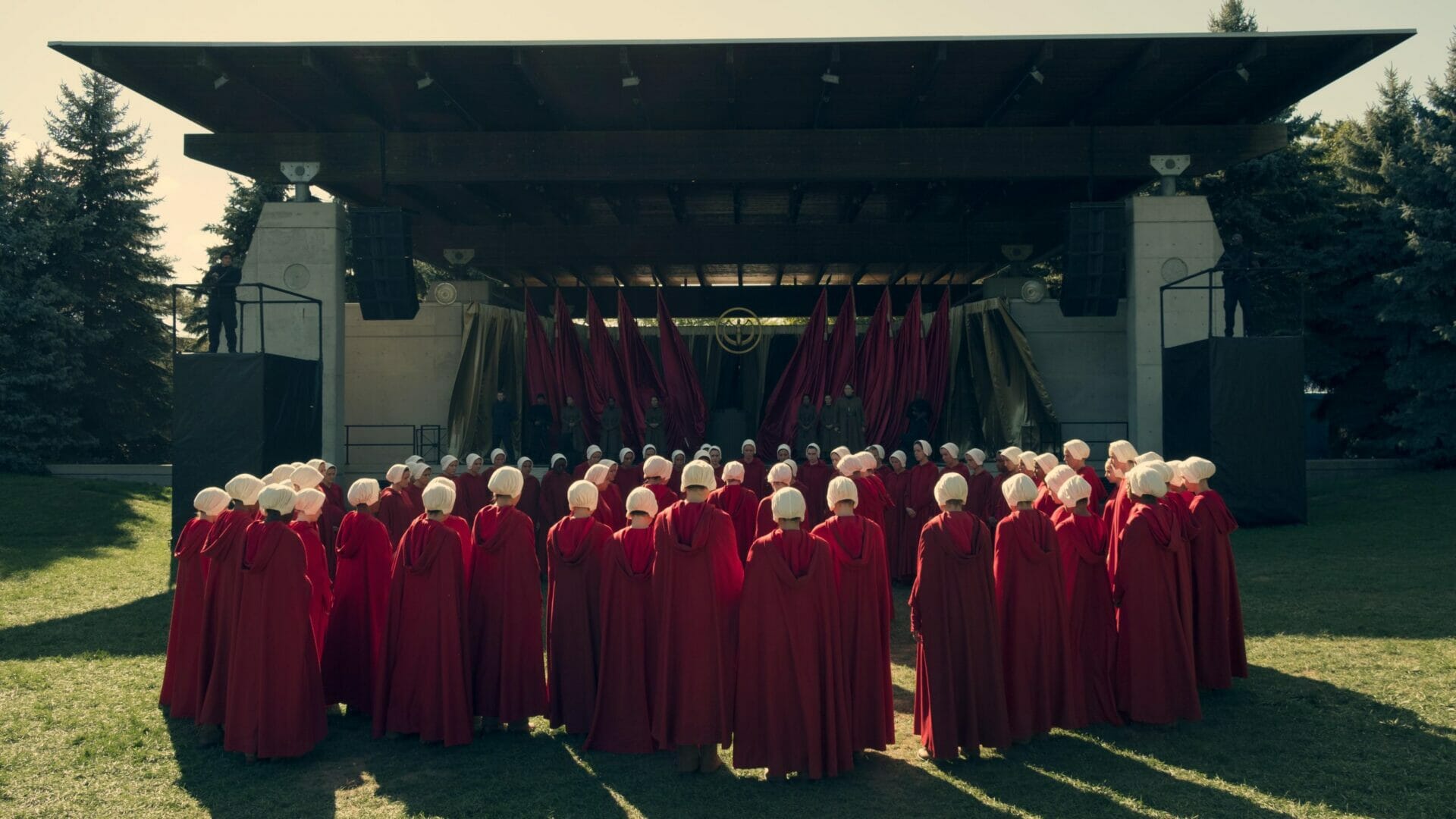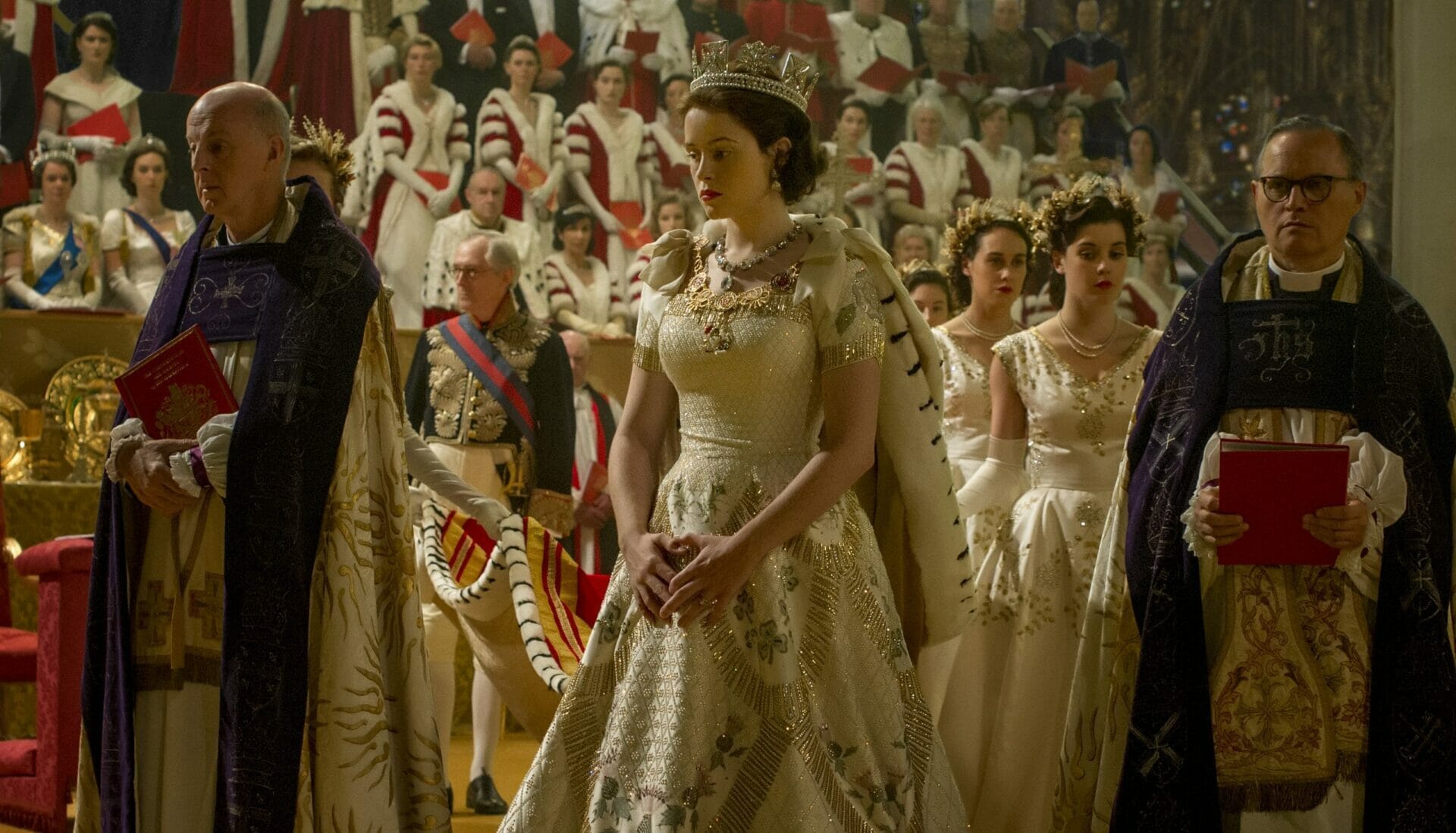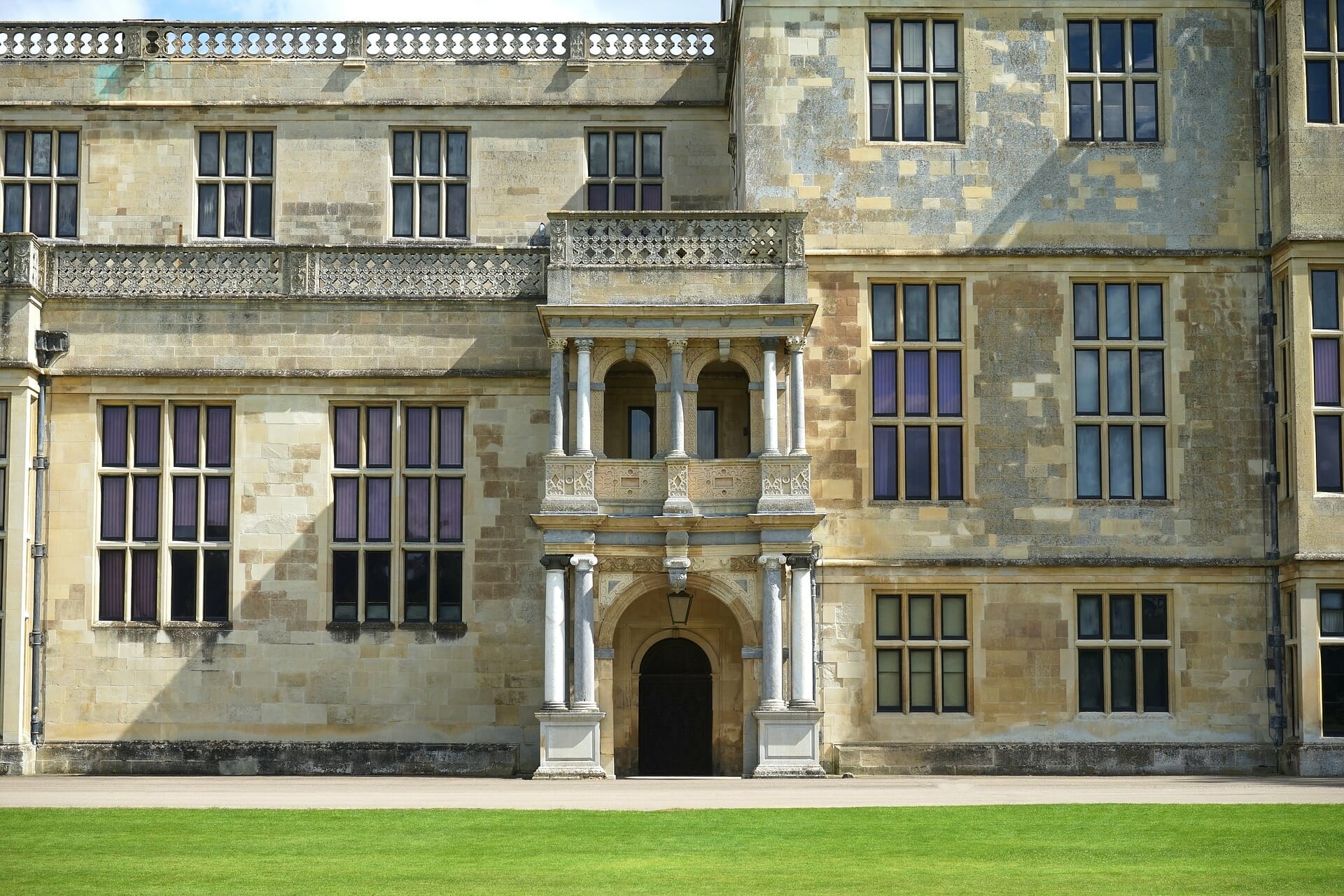
The Last Duel | The Idea of Justice for Medieval Women
Runtime
By
The Last Duel is a 2021 historical drama directed by Ridley Scott. It is an adaptation of Eric Jager‘s 2004 novel The Last Duel: A True Story of Trial by Combat in Medieval France. They both stage the reconstruction of what led up to the last trial by combat in history, which took place in 1386. The two factions feature two knights lined up against each other. They are Sir Jean de Carrouges (Matt Damon) and Jacques Le Gris (Adam Driver). The latter faces a charge of committing sexual violence against de Carrouges’ wife, Marguerite (Jodie Comer).
The movie was presented out of competition at the 78th Venice International Film Festival.
The Last Duel failed to be as successful as hoped-for in cinemas. Some claim the cause was a poor promotion by Disney; others blame its lukewarm reception to the COVID-19 pandemic. Ridley Scott, for his part, blamed millennials, taking it out on their favorite means of communication: smartphones.
Despite not receiving popular acclaim, however, global critics praised The Last Duel and included it in the Top 10 Films of 2021 at the 93rd National Board of Review Awards. Indeed, this movie has its strengths in terms in terms of direction, themes, and storytelling.
Three points of view, one truth
The story of The Last Duel is not linear. Indeed, the same events are narrated in three separate chapters, each presented from the perspective of the three main characters: Jean de Carrouges; Jacques Le Gris; and Marguerite de Carrouges. The movie uses the Rashomon effect – named after Akira Kurosawa‘s 1950 movie Rashomon, which first brought this dynamic to the screen.
The characters recount the events they witnessed, and each version is different from the others. Everyone tells their personal story.
Matt Damon, who besides playing one of the main roles also was one of the screewriters, came up with this idea.
[…] Especially in this day and age, when people are constantly talking about their own truths, and my truth, and this perspective, and that perspective, like let’s tell the story from these three different perspectives. Particularly because her character [Marguerite] wasn’t in that culture, right, viewed as a human being. She was viewed as property.
Matt Damon to Collider Interviews
This is a recurring cinematic mechanism, already adopted and declined in different ways, for example in Hagai Levi‘s TV show The Affair (2014), or in Ned Benson‘s The Disappearance of Eleanor Rigby (2013).
Each character thinks in good faith that they are the hero of their own story. Le Gris and de Carrouges are Medieval knights. Marguerite is a lady who rebels against violence and society.
Jean de Carrouges believes that he is a kind and loving husband who treats his wife with respect, and fights for her honor. In the same way, in his chapter, Jacques Le Gris tells he fell in love with Marguerite and thinks that she reciprocates him. When he meets her in her castle, she plays with him by running away and acting coy, only to fall into his arms. For this reason, he believes that the lady is consenting.
Marguerite tells about her rough and restrictive husband, and oppressing mother-in-law. One day she was alone, Le Gris entered her castle under false pretenses and sexually assaulted her.
Each chapter opens with the words “The Truth According to…”. But, when it comes to Marguerite’s, the wording doesn’t disappear altogether. The words “The Truth” stay longer.
Three stories, one script
After #MeToo – the movement that brought to light the many cases of abuse suffered by women in the motion picture industry – the research of accurate perspectives started to get higher and higher.
Matt Damon and Ben Affleck co-wrote the screenplay with Nicole Holofcener. This is Damon’s and Affleck’s second work together, after writing the Academy Award-winning screenplay for Good Will Hunting (1997). Discussing it with Good Morning America, the three explained that Damon and Affleck wrote the chapters for Jean de Carrouges and Jacques Le Gris, while Holofcener handled Marguerite’s, in order to give an authentic perspective to all the characters.
Well, giving her dialogue was certainly a challenge. What would she say? And how would she say it? What were the repercussions for what she said? […] I just started to write her and put myself in her horrible shoes and didn’t find it that difficult. I found it fun to create a person that I believed existed then.
Nicole Holofcener in an interview with Vanity Fair
The toughness of the Middle Ages
Ridley Scott is no stranger to making cult and epic movies. From his first movie The Duellists (1977), passing through Gladiator (2000) and Kingdom of Heaven (2005), up to movies of different genres such as Alien and Blade Runner (1982).
The Last Duel‘s story has all the elements that Scott was able to use to create a new epic movie. Medieval times, knighthood, power games; and the final duel, which the viewers eagerly demand.
[Eric Jager] does a pretty meticulous description of it, but it’s a decidedly uncinematic duel. Just in what they were wearing. We would have looked like two tin cans. Which we talked about, but it just became so absurd.
Matt Damon in an interview with the Los Angeles Times
Scott then used his experience to make the battles and the duel much bloodier and more engaging.
The setting of medieval France is full of leaden tones, a brightness that suffocates as much as the story itself. Darius Wolski‘s cinematography and technical department make even the largest and cleanest landscapes closed and claustrophobic, while the interiors, lit by fire and candles, are dark. Atmospheres that sometimes seem at odds with the topics addressed, such as love, beauty, or sex – which is treated in some scenes as in Game of Thrones – but everything plays to make the environment cold and detached.
Instead, what creates a disruption of the suspension of disbelief is what concerns the makeup. It looks anachronistic, with questionable haircuts, and the accents used by the actors who certainly fail to convey the idea of being in medieval France – as pointed out by The Guardian.
The Middle Ages and the Modern Era
There is no right, there is only the power of men.
Nicole de Buchard (Harriet Walter)
That is what Jean de Carrouges’ mother, Nicole de Buchard (Harriet Walter), says to Marguerite.
After all, The Last Duel is about battles, duels, and who is right and who is wrong in a given story. But what emerges from the bottom of it all is the status of women in comparison to men.
Emblematic, then, is the scene in court after the accusation against Jacques le Gris. An all-men jury judges Marguerite by drawing conclusions based on personal or false scientifical beliefs – in those days, it was thought that a woman could only get pregnant by reaching orgasm – and asks her explicitly if she liked what happened, actually, and if it was she, rather, who provoked Le Gris.
Although the story took place in the late 1300s, in reality, the situation is not totally different today. Suffice it to recall the 2018 case of the man in Ireland, accused of sexual assault, who was acquitted because the victim was wearing a type of underwear considered voluptuous. Just as in The Last Duel, personal beliefs and stereotypes contribute to the abuse of the victim instead of protecting her.
Marguerite, then, is the heroine of The Last Duel. She fights for justice by remaining alone until the end. Even the sentence establishes that it must be a trial by combat to decide her fate, and she has no say in it. She’s still cast aside by society. That same society is embodied in the movie by Ben Affleck‘s character, Count Pierre d’Alençon, who thinks of satisfying his desires and playing power games to favor him and the men closest to him, rather than being a fair governor.
The Last Duel is not the first movie to deal with the topic of violence against women. Other successful examples are Steven Spielberg‘s The Color Purple (1985); Jonathan Kaplan‘s The Accused (1988); or Thelma & Louise by Ridley Scott himself.
Through the predominantly male medieval chivalric genre, Scott’s The Last Duel brings the urgent issue of violence against women to the screen. A Western and time-based Rashomon that aims to stimulate the viewer on the power of storytelling.
Tag
Buy a ☕ for Hypercritic








